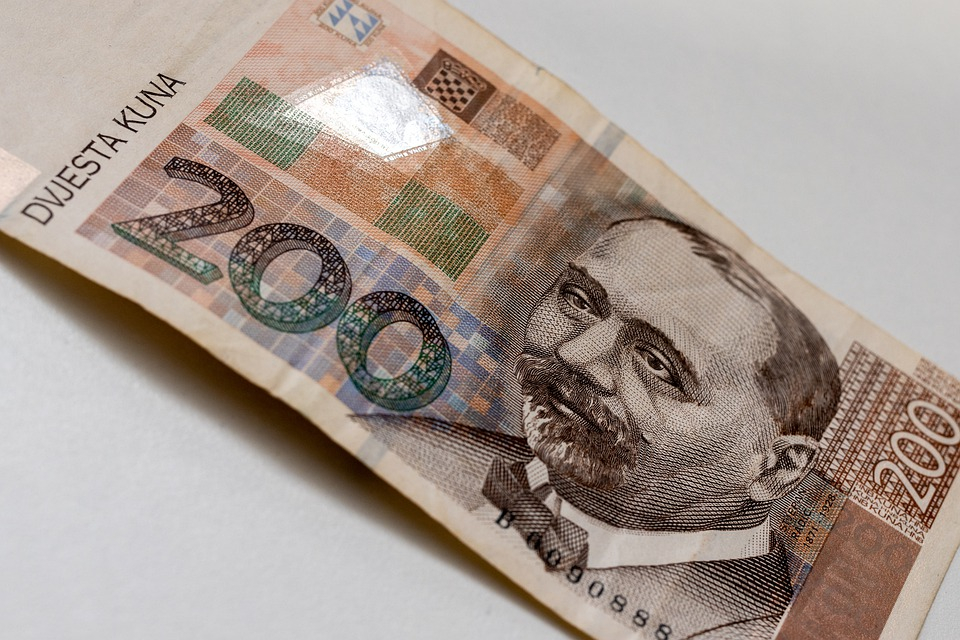As Gordana Grgas/Novac/Jutarnji writes, after the respected Standard & Poor’s rating agency reaffirmed the Republic of Croatia’s credit rating and its stable outlook on Friday, but also lowered its forecast for economic growth this year from 5 to 2.5 percent, and gave a higher estimate for inflation than the previous one, of about 6 percent, Minister Zdravko Maric appeared to be satisfied in his statement for the media.
He believes that Croatia has a good reputation and is looking better and better in the eyes of various international financial circles, and this is important because it is preparing an international bond issue, with the help of the latest S&P report. As the circumstances on the international markets aren’t the most favourable at this moment in time, he said, the realisation will be timed “when the best moment comes”.
S&P raised Croatia’s investment rating (BBB- / A-3) back in March 2019 and hasn’t changed it since. Its possible increase, they mentioned, could be influenced by joining the Eurozone, a major political move which is set to occur next year.
According to Minisrer Zdravko Maric, the government will publish its latest official macroeconomic projections for this year in April, and he said that inflation has become one of the most important and noticeable macroeconomic indicators of our times.
“Inflation stood at 5.7 percent in January and at 6.3 percent in February. We expect this trend of accelerating inflation to continue in the first half of the year due to the base effect, and then a lot will depend on all of the other factors influencing this inflation. First of all, these are the prices of energy and food, but also the circumstances related to geopolitical and geostrategic events,” said Maric, noting that these same circumstances affect the current forecast of Croatian GDP growth.
He said he was very pleased that the S&P report “recognised the government’s efforts to improve the absorption of European Union (EU) funds, both from the Multiannual Financial Framework and the EU’s New Generation,” as well as to mitigate negative demographic trends through various measures and tax policies.
Regarding the implementation of the NPOO, he assessed that it is going very well and that Croatia had fulfilled everything it needed to by the end of last year, and then sent a report for evaluation to Brussels and expects an additional tranche of 700 million euros to be paid out in June.
For more, check out our politics section.










